Tag: Capitalism


Getting The Whole Story – Whole Foods Co-founder John Mackey Tells It All
July 8, 2024 | Post
Discover the incredible journey of John Mackey in his new autobiography, The Whole Story.
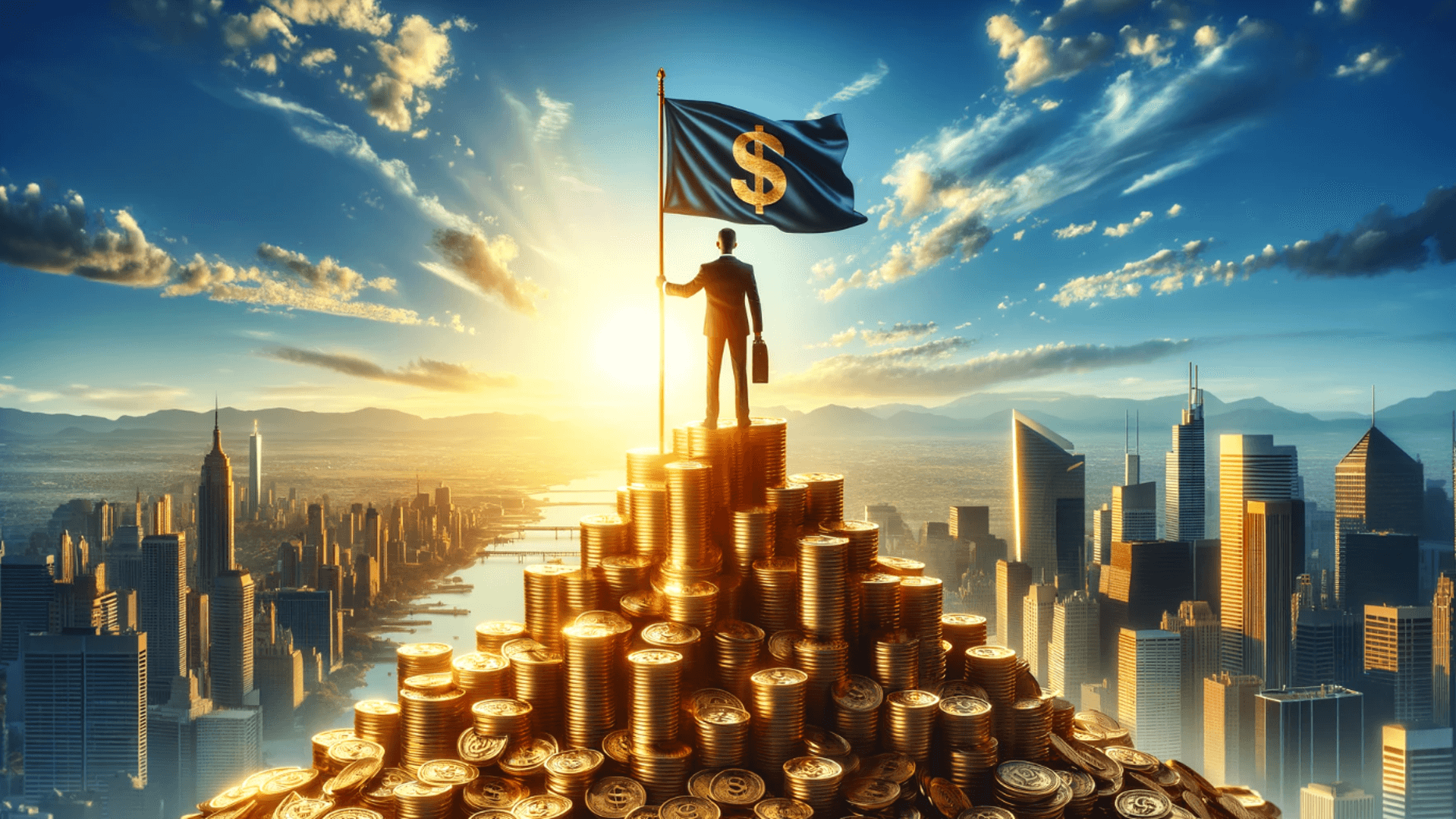
Stop complaining, start building: why Ayn Rand is so popular among entrepreneurs and high achievers
March 29, 2024 | Post
For people of a certain mindset and ambition, Ayn Rand’s ideas serve as a beacon of empowerment, urging them to stop complaining and instead focus on what they can do to build their own destinies.
Let’s look at some of the reasons why entrepreneurs and high achievers are a particularly receptive audience to the ideas of Ayn Rand.

How (true) liberalism made us rich
January 4, 2024 | Post
Today, a hot shower or a cup of coffee brewed in seconds are completely mundane. A journey across continents taking mere hours is, for many, just a normal part of life. Yet, these marvels would have been the envy of even the most affluent in medieval societies, prior to a period we can refer to as the “Great Enrichment.”

Why we should celebrate capitalism and consumerism, at Christmas and all year
December 7, 2023 | Post
Last Christmas, Pope Francis criticized holiday consumerism, saying that ours is “a society often intoxicated by consumerism … wealth and extravagance.”
To understand why this sort of critique is mistaken, and why consumerism and capitalism deserve our love at Christmastime and throughout the year, we need to go back to basics.

Socialism is immoral. This Soviet refugee tells us why
October 20, 2023 | Post
The most compelling case for why socialism is immoral comes from someone with first-hand experience. This is the story of a Soviet refugee, one whose experiences and insights lay bare a truth that challenges the very foundations of socialism.

What would Adam Smith write about now?
October 6, 2023 | Post
In the pantheon of economic thought, Adam Smith stands as a colossus, a philosopher whose seminal work, The Wealth of Nations, fundamentally shaped our understanding of free markets and the power of individual self-interest to fuel societal progress. But what would he write about today’s issues?
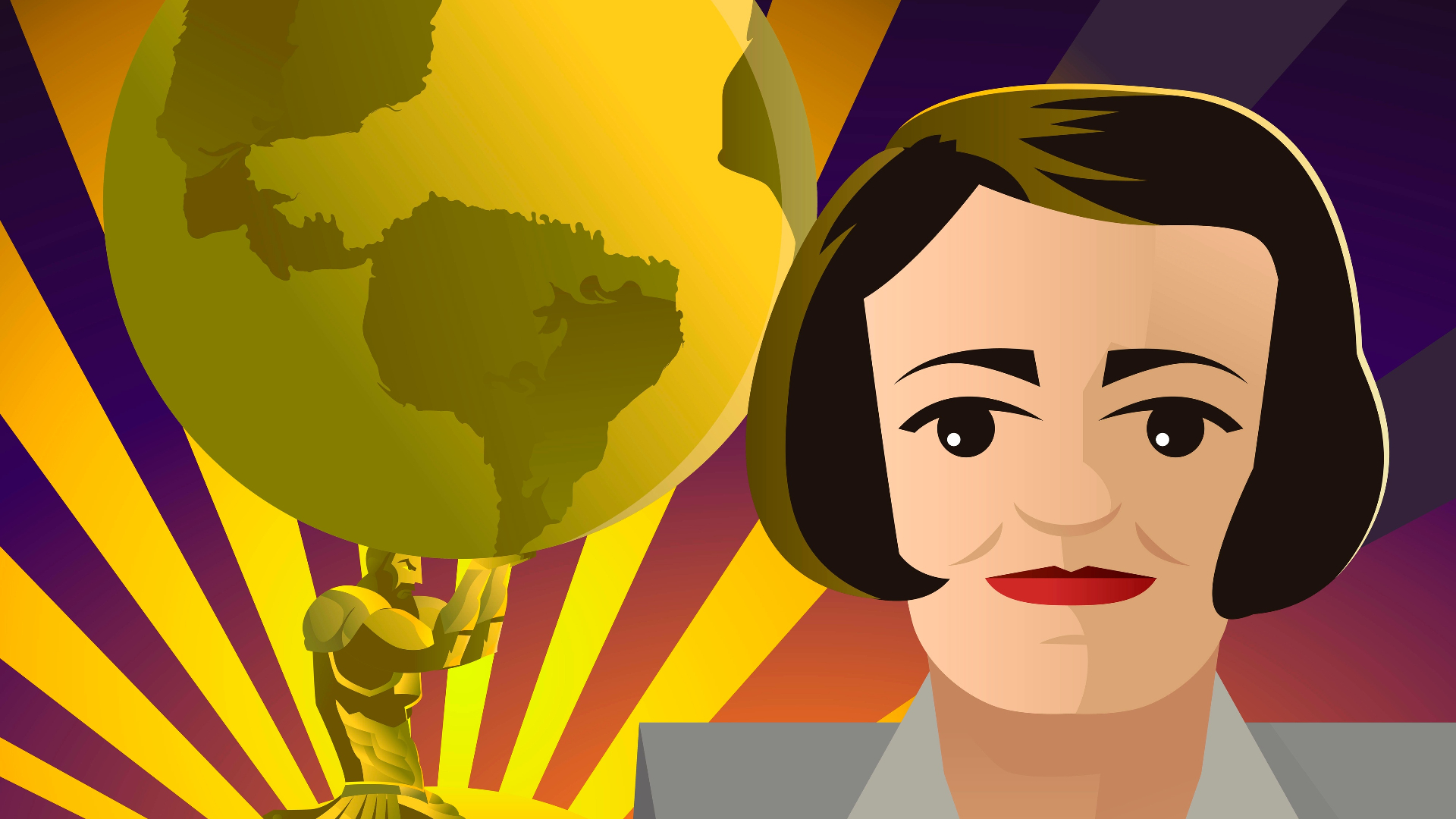
Five books to understand Objectivism
September 18, 2023 | Post
Whether you’re stepping into Rand’s world for the first time or revisiting these classics with fresh eyes, these books are your passport to exploring Objectivism and its profound implications for individual liberty, reason, and the pursuit of happiness.
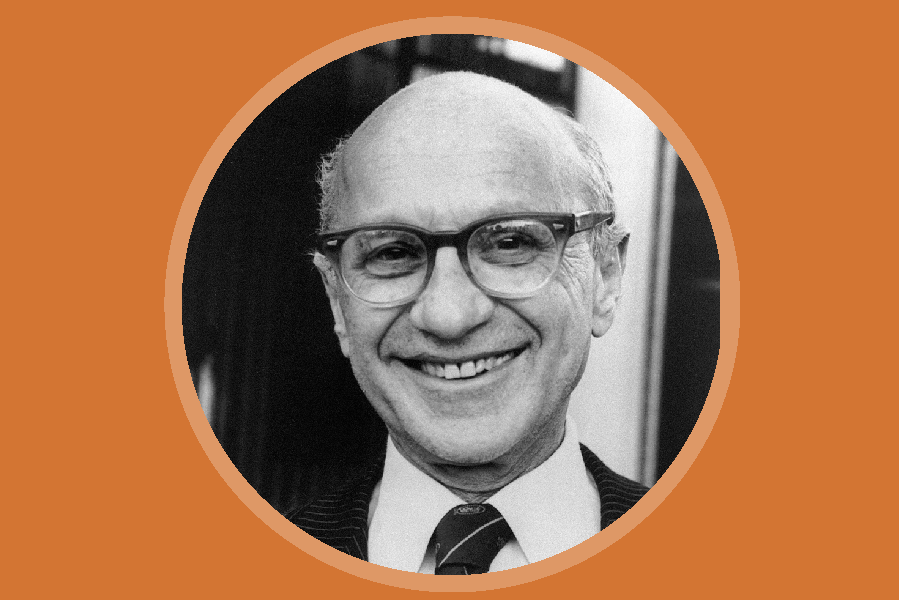
Happy Birthday Milton Friedman
July 31, 2023 | Post
In honor of Milton Friedman’s birthday, let’s review the American economist’s greatest contributions to the advocacy of free market capitalism.

Why is Africa poor? Is colonization the root cause?
June 16, 2023 | Post
“Colonization is why Africa is so poor” is something I hear all the time. But it was not until recently that I realized: This impulsive defense of Africa is far from the full truth.
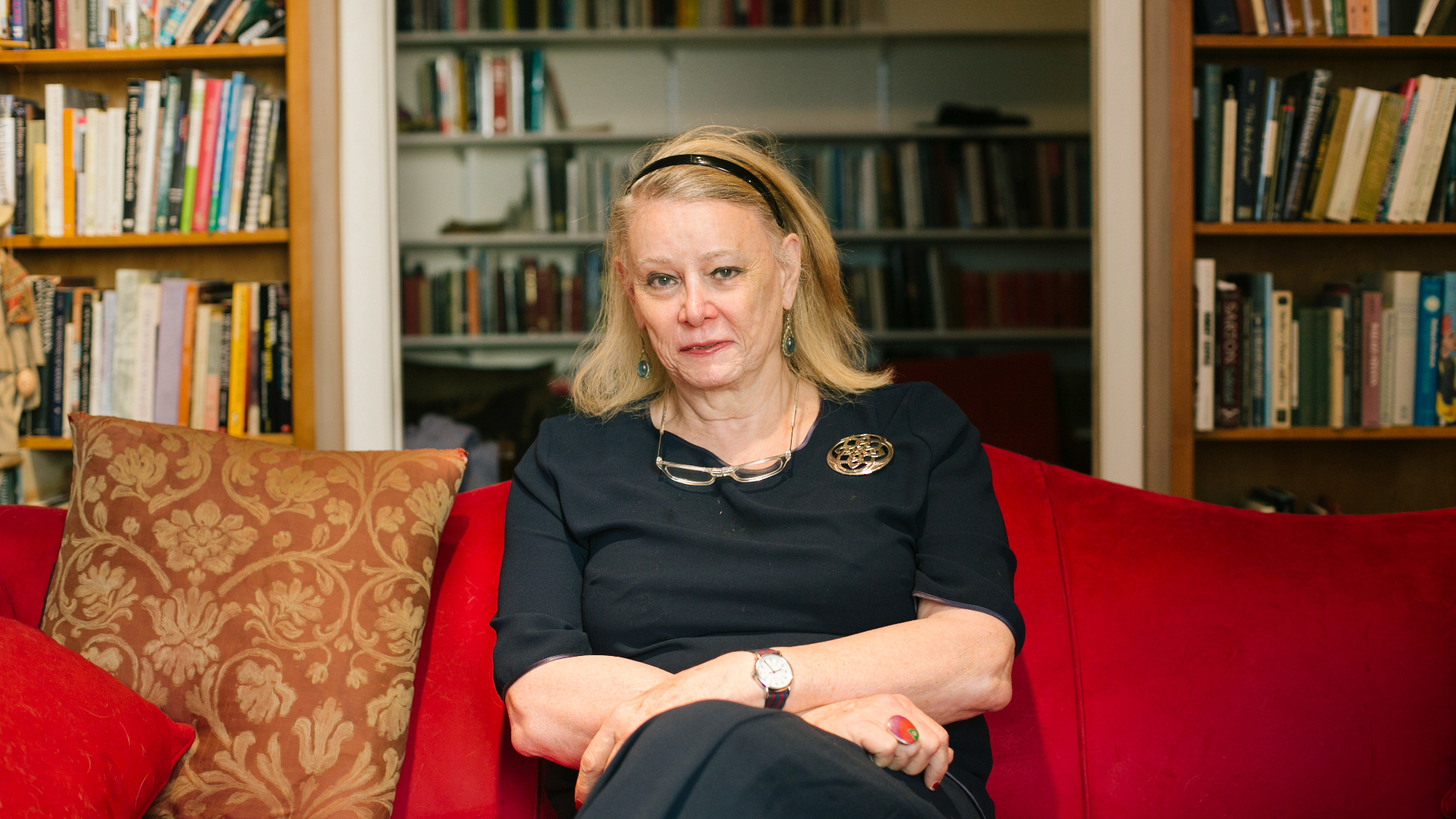
Unleashing the power of rhetoric: how Deirdre McCloskey transformed the landscape of economics
May 24, 2023 | Post
In a world dominated by numbers and equations, one economist dared to challenge the status quo and unveil the true power of persuasive language. Meet Deirdre McCloskey, a visionary economist, historian, and writer whose groundbreaking ideas have reshaped the way we understand economic progress.
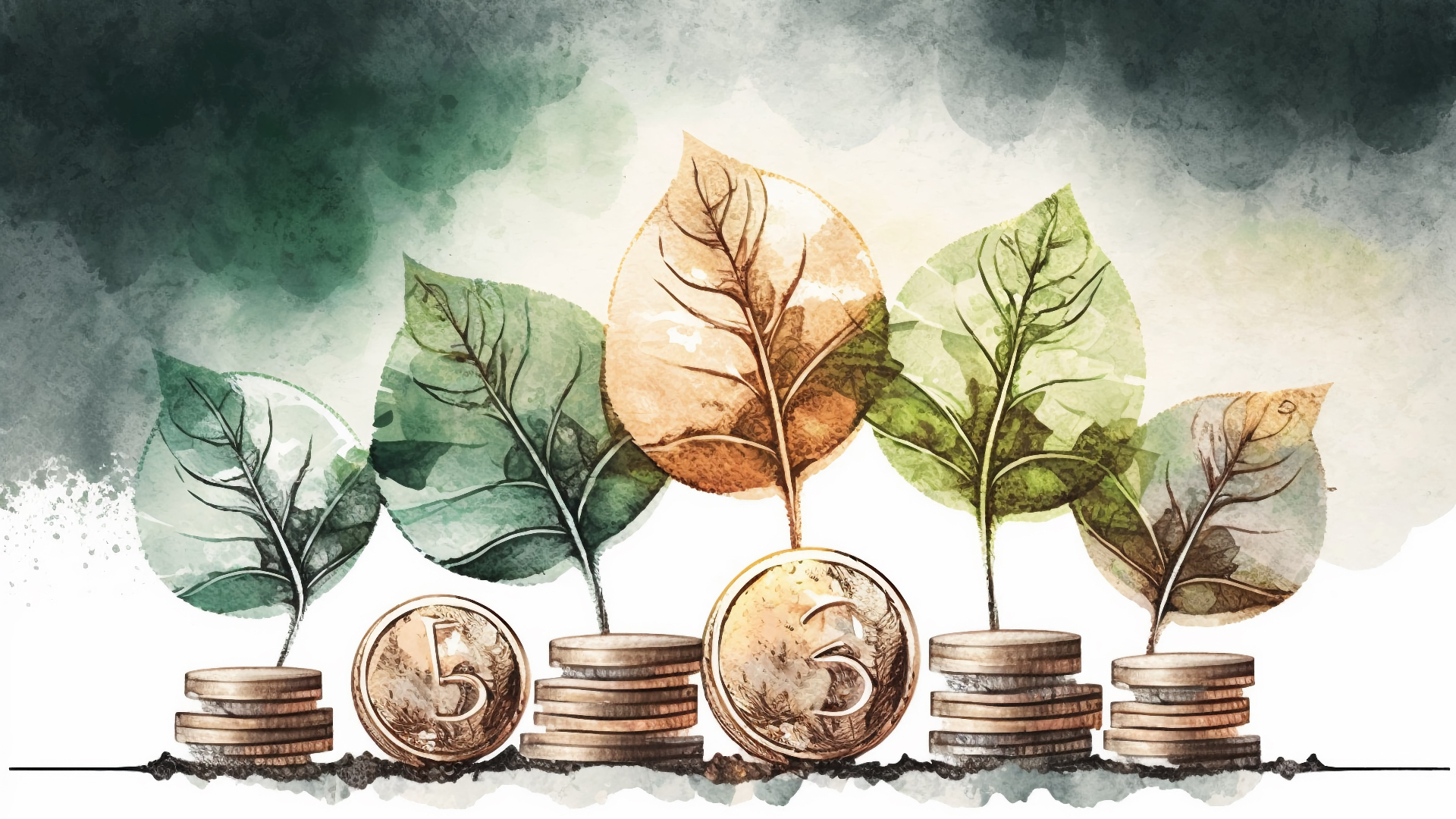
What is free-market environmentalism?
April 28, 2023 | Post
Free-market environmentalism combines the ideals of environmental protection with the principles of a free-market economy. It acknowledges that markets can provide powerful incentives for conservation and environmental stewardship, and that private property rights and contracts can be leveraged as tools to protect the environment. But how exactly does this work?

Why some countries succeed and others don’t
March 6, 2023 | Post
Why are some countries successful while others aren’t? Is it down to natural resources, colonialism, or can it be better explained by something else?
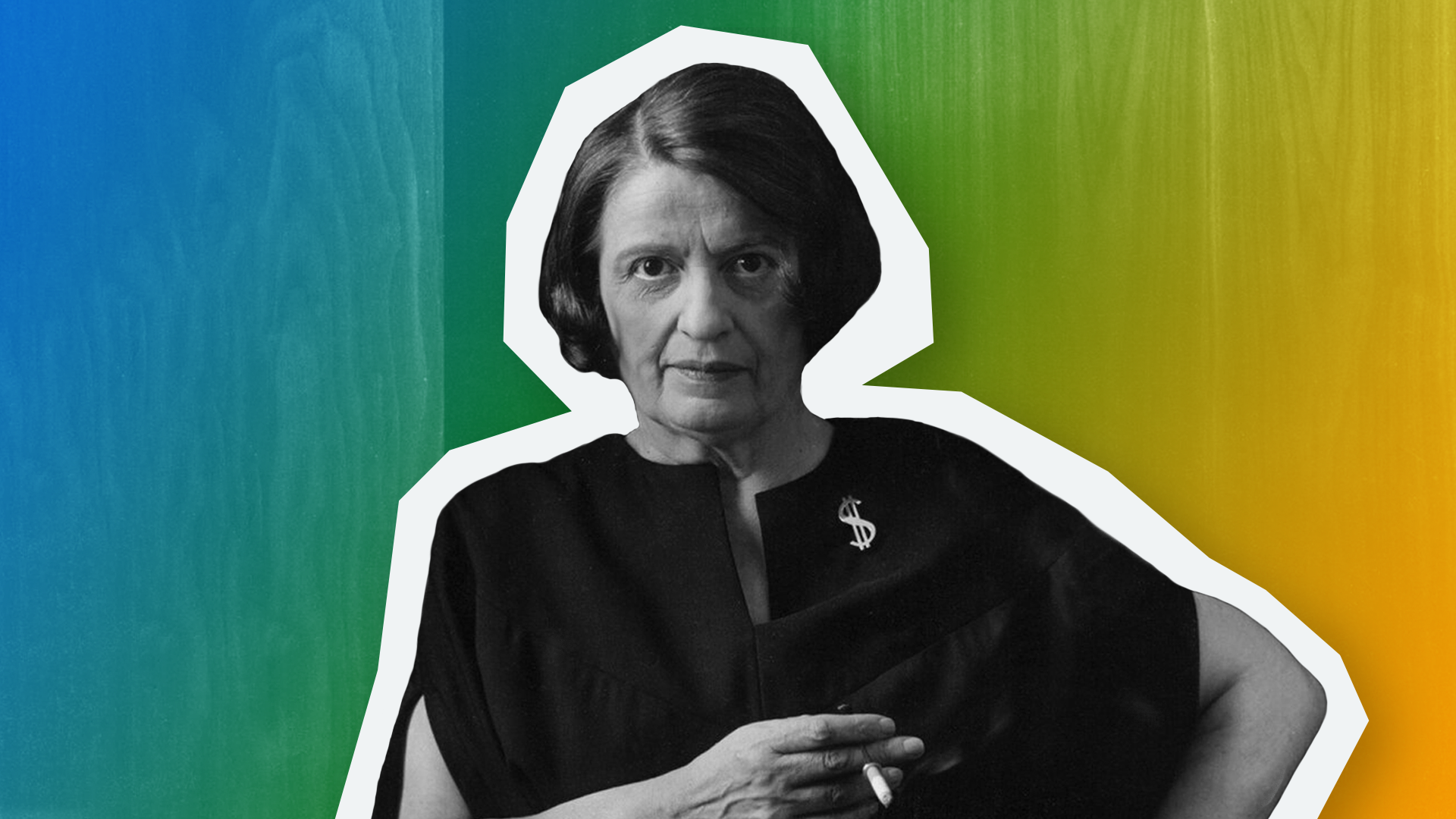
Who was Ayn Rand?
February 27, 2023 | Post
Ayn Rand, a celebrated author and philosopher, was one of the most influential thinkers of the 20th century. Known for her bestselling novels, such as The Fountainhead and Atlas Shrugged, Rand’s ideas have had a profound impact on the fields of politics, economics, and philosophy.

What are the limits of ideology?
February 17, 2023 | Post
Ideology — that is, a system of beliefs that are baked into our perception of the world — serves important functions in human society. It can provide context to problems, foster a sense of belonging and community, and in some cases even inspire hope. But what are the limits of ideology?

What is capitalism?
February 8, 2023 | Post
Capitalism can be viewed as an economic system that has been a driving force in many advanced economies, fostered growth and innovation, enabled people to lift themselves out of poverty, and greatly improved living standards. But it also has many staunch critics, who will argue that, regardless of outcomes or track records, it is a deeply harmful and exploitative system. So, to clear up any confusion, what really is capitalism, and what isn’t it?

The top five reasons why socialism doesn’t work
November 30, 2022 | Post
The socialism vs. capitalism debate is tired and stale. If you look at any media on the topic, you’ll find people rehearsing the same, boring arguments. “Socialism doesn’t work because human nature is flawed! Socialism doesn’t work because nobody would be incentivized to work! Socialism is inefficient!” Of course, these statements are true. However, they are not convincing for those who don’t believe them. Next time you find yourself into a debate, use these arguments to tackle the root cause of what you’re discussing…
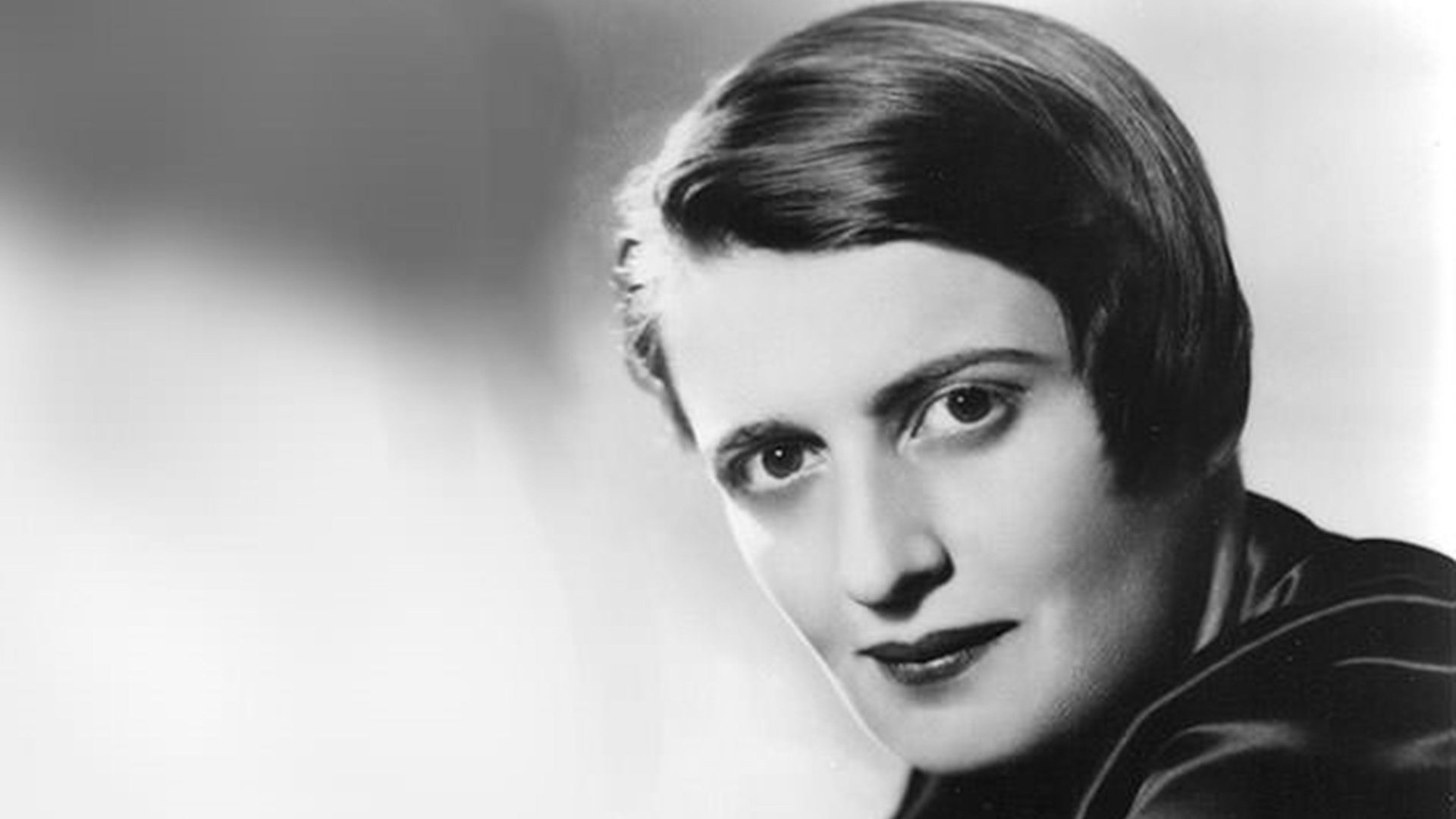
Five myths about Ayn Rand and Objectivism
October 14, 2022 | Post
Objectivism is consistently mischaracterized and stereotyped in popular media, and is blamed as responsible for any right-leaning political development. Here are five common myths that you may have heard about Ayn Rand.

What does it mean to be left or right-wing?
September 30, 2022 | Post
It used to be very easy to define political camps. You were left-wing if you were a socialist, and you were right-wing if you were a capitalist. But now the terms of the debate have changed. Economics has taken a back seat

Neoliberalism and libertarianism
August 9, 2022 | Post
Neoliberalism and libertarianism share many common principles despite meaning different things to different people. But what is neoliberalism in reality — and how does it relate to classical liberalism and libertarianism?

Why modernity is unthinkable without capitalism
February 2, 2022 | Post
Modernity is unthinkable without capitalism, yet Ayn Rand defined capitalism as an unknown ideal, one whose benefits people did not understand

Botswana: a triumph of capitalism in Africa
November 12, 2021 | Post
By embracing capitalism, Botswana went from one of the poorest nations in the world to one of the fastest growing economies.

The economics of Valentine’s Day
February 14, 2020 | Post
Valentine’s Day is only possible because of free markets. Our ability to appreciate and enjoy Valentine’s Day is the direct result of the wealth created by markets.

Millennials are in a love triangle with capitalism and socialism
August 23, 2017 | Post
Millennials may talk the socialist talk, but this look at the evidence shows they also walk a rather capitalist walk.
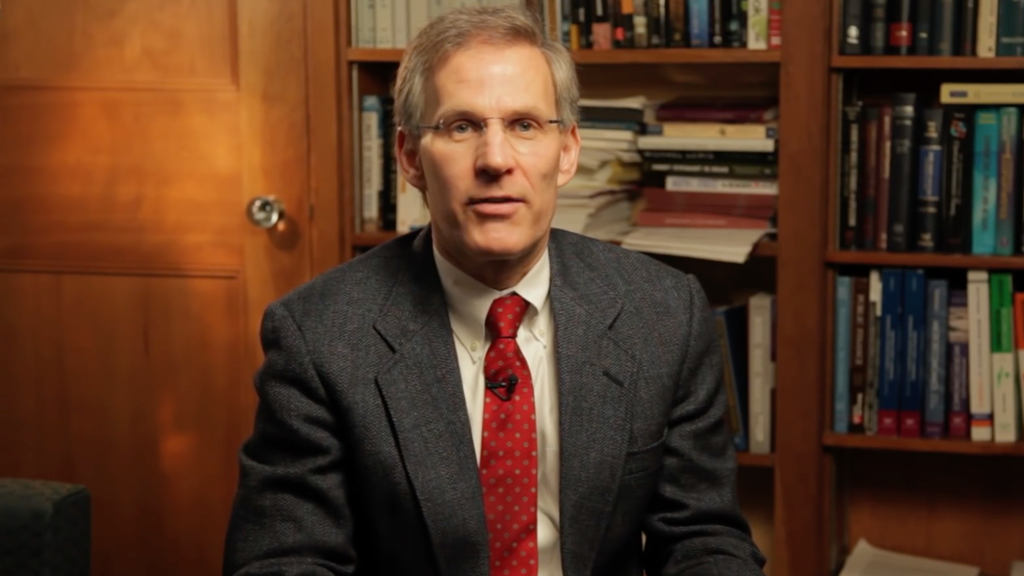
Reddit AMA with Professor Jeffrey Miron of Harvard University
August 4, 2017 | Post
Dr. Miron has written over 100 op-eds and several books, including Drug War Crimes: The Consequences of Prohibition (2004) and Libertarianism: from A to Z (2010).

